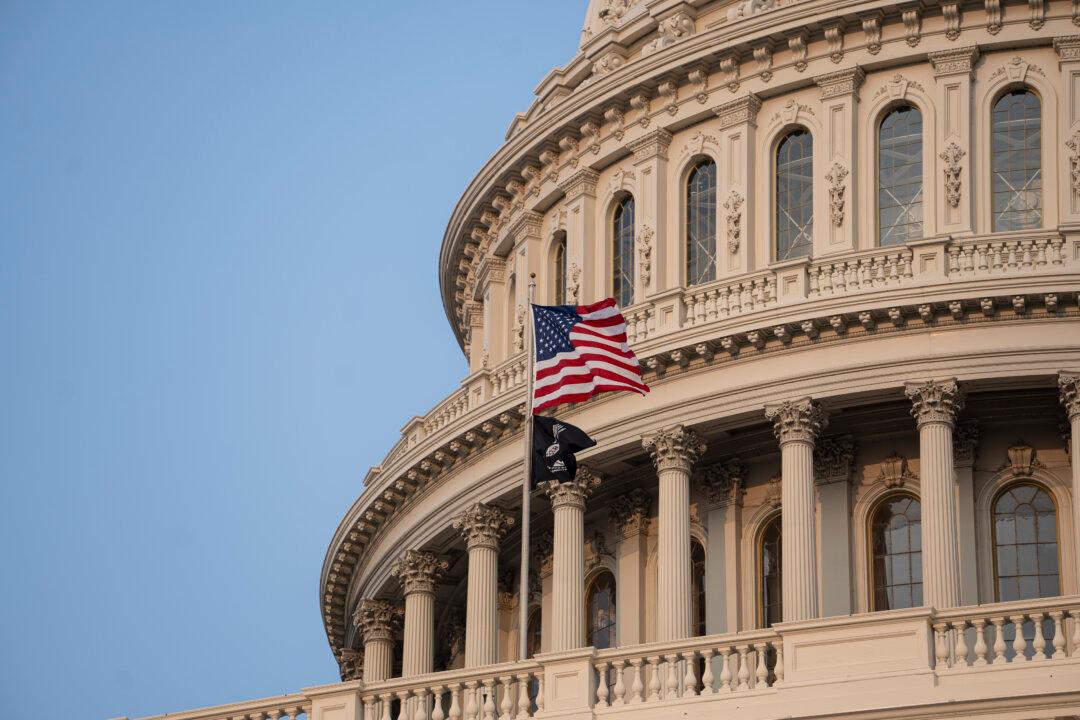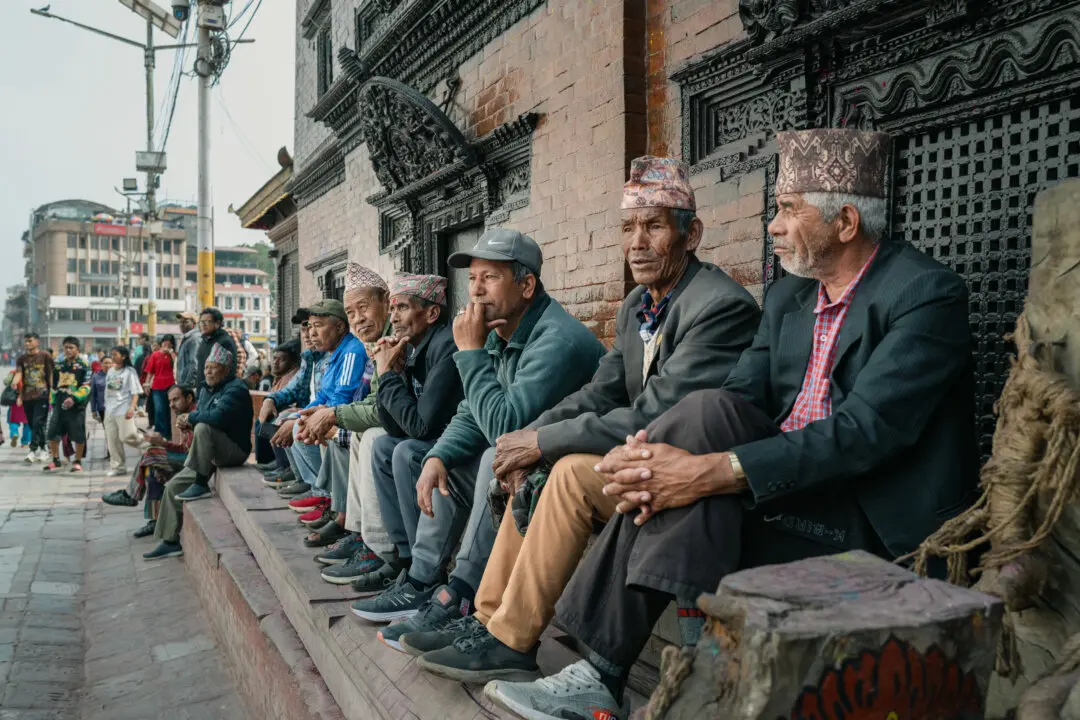Lawmakers are returning to Washington, D.C. today facing the looming risk of a government shutdown in the near future as both parties prepare for an election season spending fight.
After a full month away from Washington, lawmakers have just 21 days to come to an agreement to keep the government open before the Sept. 30 funding deadline.





